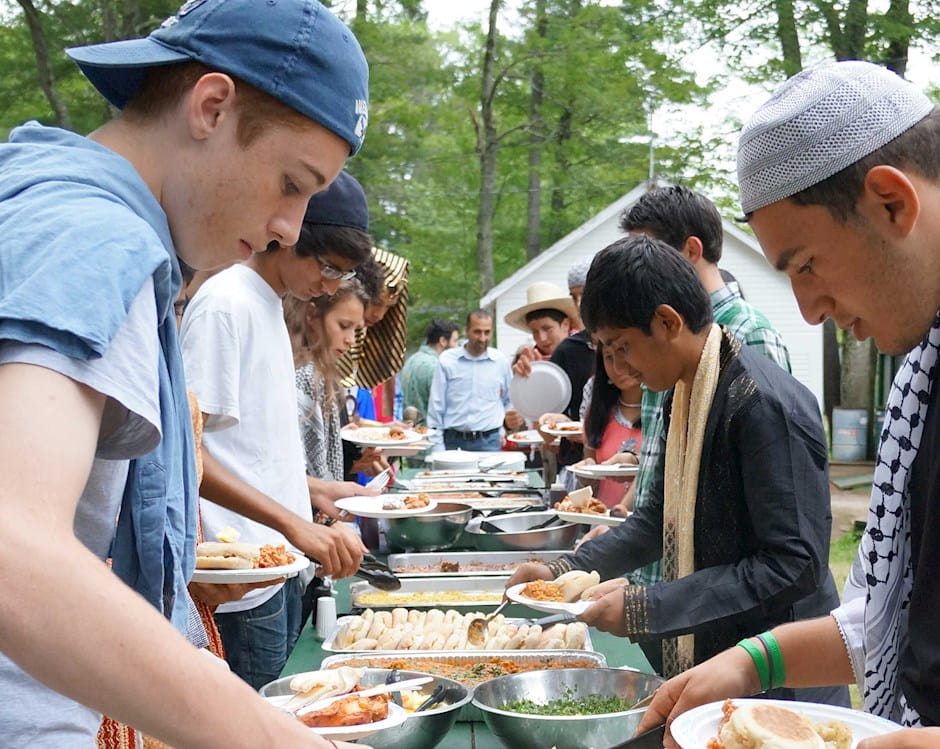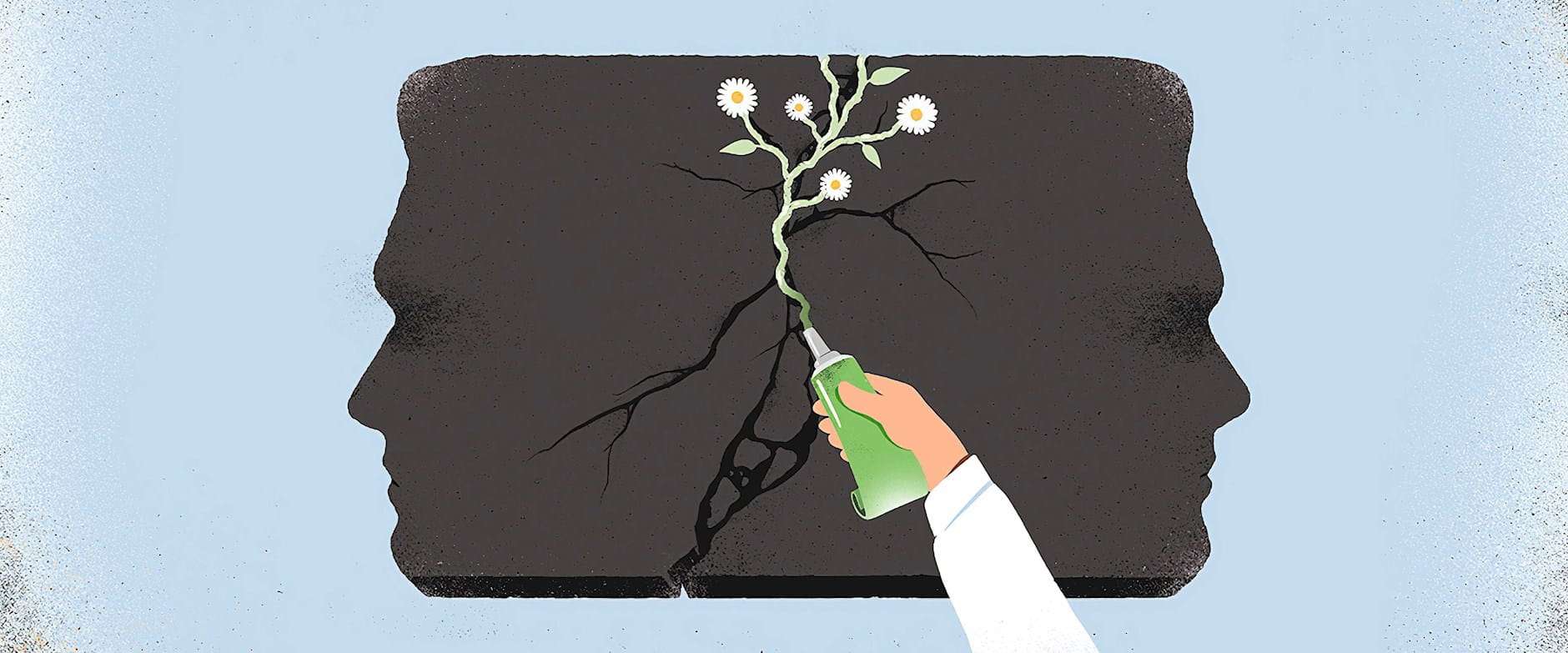When it comes to seemingly insurmountable conflicts, the one between Israelis and Palestinians ranks high.
But a Maine summer camp program called Seeds of Peace, which brings together Jewish Israeli and Palestinian teens, has been overwhelmingly successful at facilitating not just tolerance but close, positive relationships, suggests research by Facebook’s Shannon White and University of California at Berkeley’s Juliana Schroeder (both graduates of Chicago Booth’s PhD Program), along with Booth’s Jane L. Risen.
The work grew out of previous research by Schroeder and Risen, who in 2014 studied the program and found that campers’ attitudes toward people of the other nationality (in the “outgroup”) became significantly less negative after completing the program, particularly for campers who said they’d formed a close relationship with someone from the outgroup.
Why was that the case? To find out, White, Schroeder, and Risen analyzed data from surveys they collected of more than 500 participants who attended one of the Seeds of Peace summer camps between 2011 and 2017. Schroeder and Risen surveyed the teens before their camp stay began, including how positive, sympathetic, and anxious they felt toward or about members of the other group.
They also asked participants questions after camp ended about how close they had become with other members of the program, both Israeli and Palestinian. Finally, the researchers tracked how participants were arranged across three main activities: facilitator-led dialogue groups, bunk groups, and dining-table groups. Because participants were randomly assigned to each activity group, the researchers could test the causal effect of being in the same (versus a different) group on the likelihood of forming a close relationship for ingroup pairs compared with outgroup pairs.
Being in the same dialogue group or bunk affected whether participants became close, and the effect was more pronounced when it came to cross-group relationships. Pairs of Israeli and Palestinian participants were 15 times more likely to become close if they were assigned to the same dialogue group than a different one. By contrast, two ingroup participants were just over three times more likely to become close when sharing a dialogue group.


